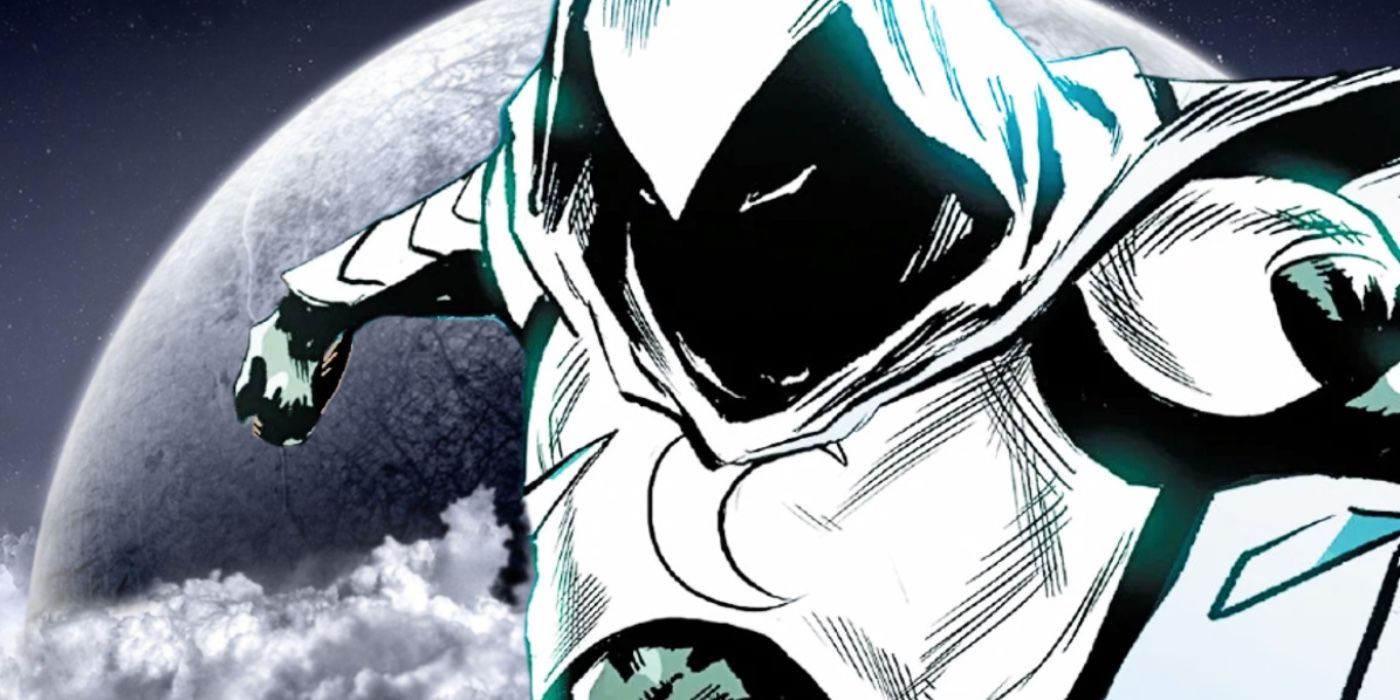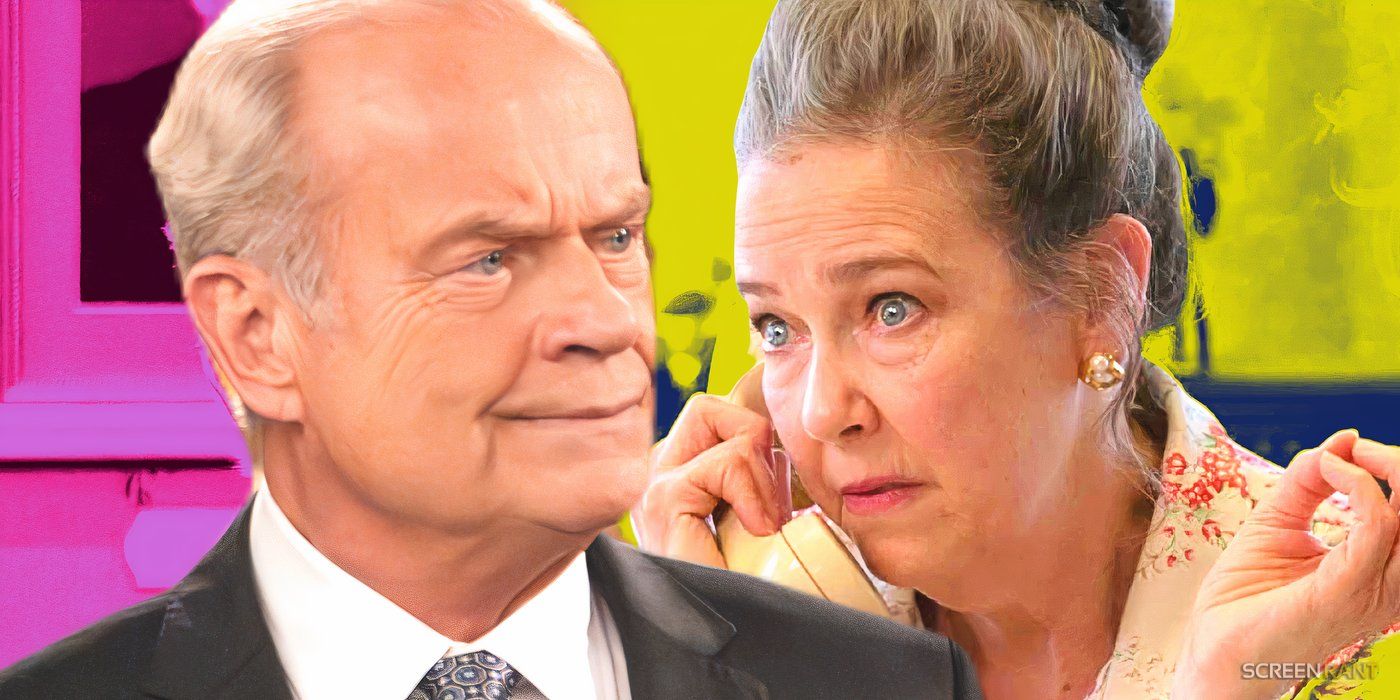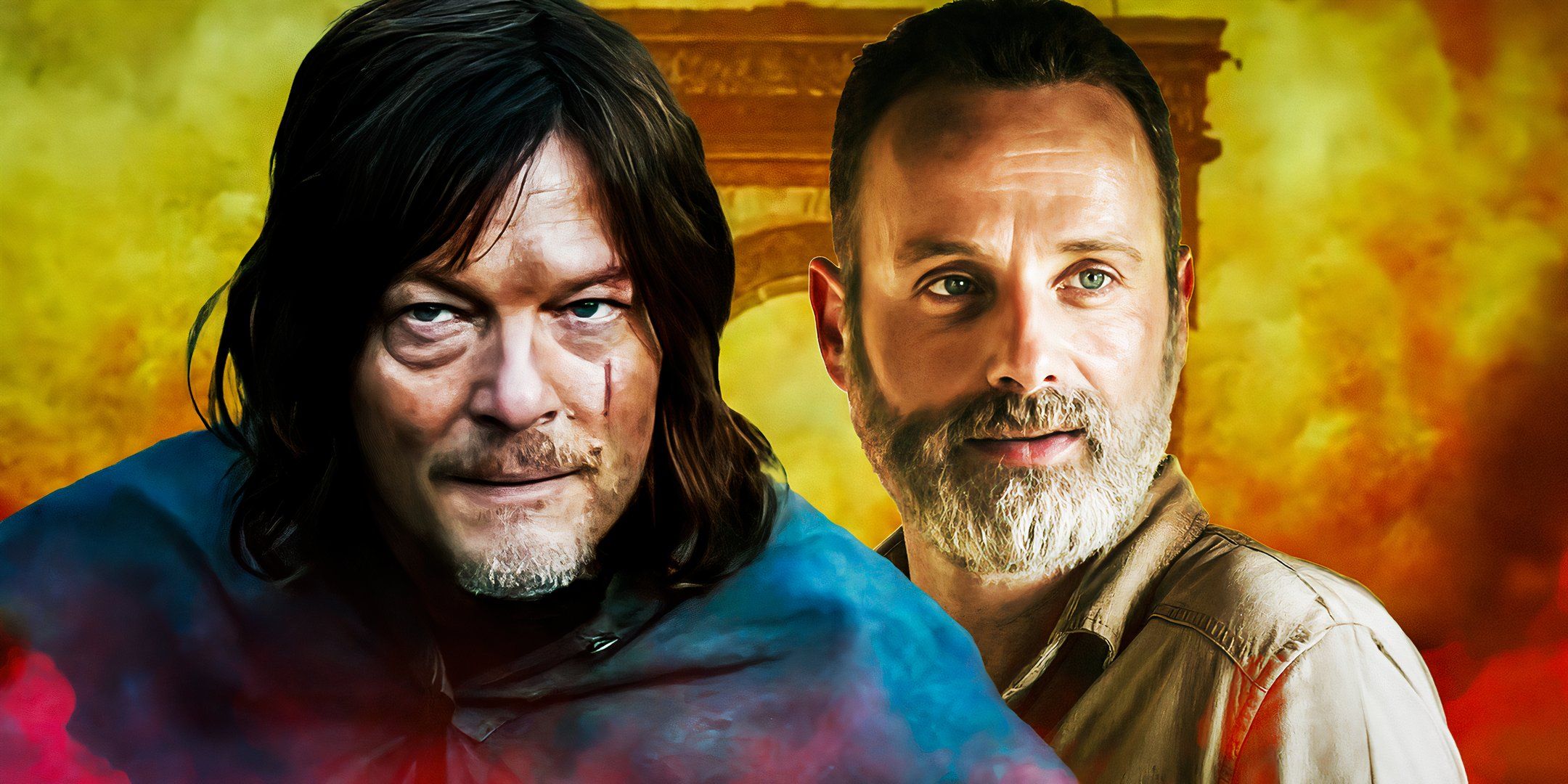Warning! This article contains SPOILERS for the 2023 Poor Things film and the 1992 book by Alasdair Gray!
The Poor Things movie is based on the 1992 book of the same name by author Alasdair Gray, but the film takes liberties with the source material and makes significant changes. While Poor Things retains the whimsy and fantastical world-building of Gray’s novel, it uses it as a jumping-off point to grapple with essential questions of human nature and the experience of a young woman in society. The novel and the movie have their attributes, but the changes demonstrate the differences in the strengths of the written word versus visual storytelling.
The film stars Emma Stone as Bella Baxter, a creation of Godwin Baxter (Willem Dafoe), who transplanted the mind of a baby into the body of a grown woman. Stone won the 2024 award for Best Actress at the Oscars for her portrayal, and though her win wasn’t without controversy, the sheer amount of time the film spent with Bella speaks to how much work Stone took on. Throughout the film, Bella goes on an odyssey as she attempts to get every experience out of life she can while learning about humanity’s goodness and darkness in the process.
8
It Takes Place In London Instead Of Scotland
Lanthimos didn’t feel he could capture Scotland
The director, Yorgos Lanthimos, had been interested in adapting the novel for many years before finally entering production on Poor Things. However, due to his Greek heritage, he felt too separate from Scottish culture to take on a setting with such rich historical roots. Gray, the book’s author, is Scottish. This fact made him intimately familiar with the places he was describing and the social rules of the city. London is a more international city than Glasgow, a place Lanthimos wasn’t familiar enough with.
The decision to root the story in London is a somewhat divisive change, as Gray is known for his Scottish heritage and imbues it into the text. However, in terms of the larger themes of evolution, independence, and control over the female body, the setting is not the greatest change in the piece. Additionally, as Bella spends so much time traveling, it’s an international story that isn’t tethered to one location, the same way Bella remains untethered.
7
Bella Has More Agency
She experiences life on her own terms
Since Stone was producing, she made sure that Bella’s journey and her explorations, both sexual and intellectual, were told on the character’s own terms. It’s not unimportant that men wrote the book and the film. However, Stone had significant influence over the film’s creative decisions. She has commented on how large a part of the creative process she was and how the decisions regarding depictions of sex and the human body were vital to the development of Bella as a character and for the progression of the story.
Most of the changes the film makes involve Bella having more direct control over her life and fading the men into the background. Despite their attempts to bend her to their will, the men are almost invariably portrayed as comical and as small obstacles that Bella can easily overcome. She turns the tables on them and begins to use them to further her development instead of the other way around. Even when she is in dangerous or unsavory situations, it is Bella who decides to be in them.
6
Everything Is From Bella’s Perspective
Instead of Archibald McCandless
Max McCandles, played by Ramy Youssef, was renamed Max in the film from Archibald McCandless, and he is a narrator for a decent portion of the Poor Things book. Though there are scenes where Bella isn’t present, when McCandles and Godwin receive letters from her and mourn her absence, even these moments are seen through the lens of how Bella would view them. She is the most important character in the film and uses her perspective as further evidence that she is in control of her fate and body.
The decision to make her not only an object of interest but a true protagonist was a wise one on the part of the production team and allowed Stone to give the complex performance she did. Few actors have been physically onscreen for as long as she is in the almost two-and-a-half-hour runtime. This focus on Bella doesn’t hinder the development of other characters in the film. Instead, it simply elevates her to the place she always had in the story.
5
The Character Felicity Is Added
As well as the removal of several characters
Among the cast and characters of Poor Things, Felicity, played by Margaret Qualley, is added as a replacement for Bella when McCandles and Godwin get lonely. They create her the same way they did Bella, using an adult body and infant brain, but they don’t find her as interesting or love her as much as Bella. This is a direct comment on how they both view Bella as an object they can control and recreate and how little regard they have for humanity, especially women, only caring about fulfilling their own needs and desires.
Conversely, several men are left out of the film, including the father of Victoria, the woman whose body Bella inhabits, Blaydon Hattersley, and Dr. Hooker, a professor Bella meets aboard the ship. Hooker is a companion of the remaining character, Harry Astley, and the two of them embark on exposing Bella to the harsher aspects of life in Alexandria. Taking these characters out doesn’t largely impact the plot, as they exist in conjunction with the characters that were included.
4
Bella’s Wedding Is Altered
Alfie and Victoria’s father object
In both the movie and the book, Bella comes home intending to marry McCandles, and all goes according to plan until the wedding is interrupted. Duncan and Victoria’s husband, Alfie (Christopher Abbott), arrive, claiming that Bella is still his wife because she has Victoria’s body. This unfolding of events is a shift from the book as it omits Blaydon Hattersley, Victoria’s father, and a character who doesn’t appear in the film at all. In the book, he is another in the long list of men who attempt to control her.
This interruption sets the film on a different course for the remainder of the story and marks one of the largest divergences from the book. However, when the additional ending scenes are compared to the conclusion of the book, the wedding scene’s changes make sense. Additionally, they all play out in the wedding venue instead of being taken back to the Baxter residence, where an explosive argument occurs in the novel.
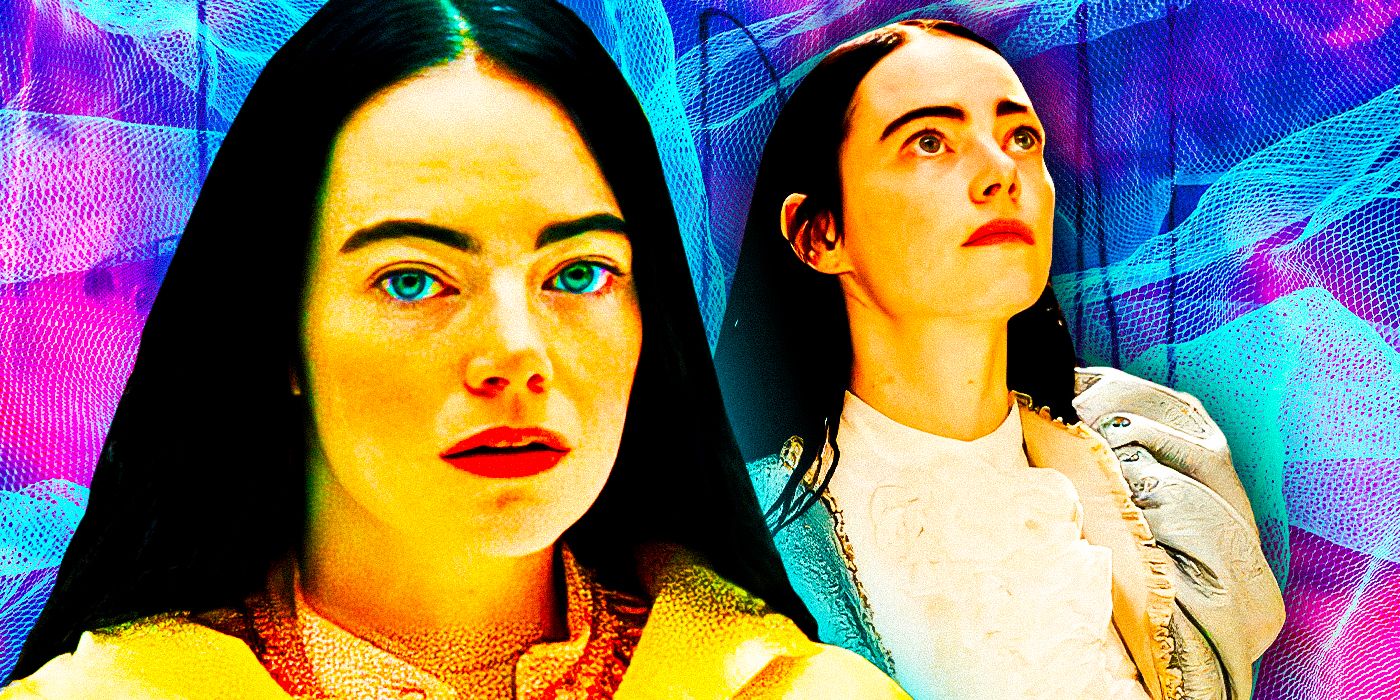
Related
Emma Stone’s 10 Best Bella Baxter Outfits In Poor Things, Ranked
Emma Stone wears plenty of beautifully unique outfits as protagonist Bella Baxter in the visually striking world of Yorgos Lanthimos’ Poor Things.
3
Bella Returns Home Because Godwin Is Ill
In the book, she returns after sending a letter
Godwin’s death happens at the end of the Poor Things novel and is not a root cause of Bella’s desire to return from her trip. Throughout the book, many of Bella’s adventures are told through letters she sends to Godwin and McCandles. After sending one of her longer letters, Bella comes back because she’s run out of money in Paris and tired of her life as a sex worker. She still decides to marry McCandles upon her return. However, none of these decisions are spurred by Godwin’s ailing health.
Many of Bella’s final interactions with Godwin in the film are colored by the fact that he’s dying, and it’s difficult to hold a grudge against a person on their deathbed. His death occurs slightly earlier in the film, and this gives him a chance to clear the air with Bella and for her to decide how she wants their relationship to end. The mere fact that she comes home upon hearing of his decline shows the kind of love they share.
2
The Ending
Going back to the estate is her choice
The Poor Things ending is one of the biggest changes from the book to the movie and illustrates the overall tonal differences between the two. In the book, when Alfie and Victoria’s father shows up at Bella’s wedding to McCandles, she is treated like property when the men demand that she go with them. However, instead of allowing Bella to make her own decisions and uncover the truth about her past, she stays at the Baxter estate because the men allow it and waits for Alfie to die so she can marry McCandles.
In the film, Bella decides to willingly go with Alfie and see what the life Victoria ran away from was like. Tony McNamara spoke to Collider about why he chose to end the movie this way and what it means for Bella’s character. He explains that it gives the power back to Bella and creates a greater purpose for adding Alfie into the film two-thirds of the way through the story. Though violence occurs, it seamlessly transitions into the final moments when Bella contently studies to be a doctor, rather than the book’s epilogue, a letter from Bella’s descendants.
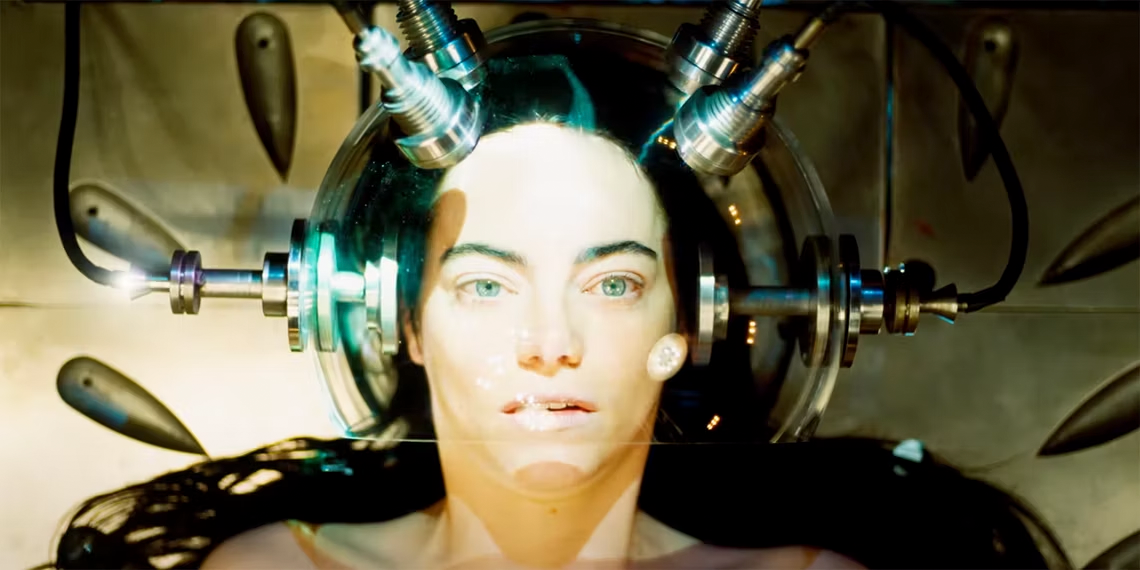
Related
Poor Things’ 10 Most Shocking Scenes, Ranked
Poor Things is one of the most shocking movies of recent years, filled with outrageous sex scenes and bursts of brutal, misogynistic violence.
1
The Relationship Between Godwin And Bella
The film takes it more directly in a parent-child direction
Dafoe’s character, Godwin Baxter, is a nuanced individual, but the film shies away from the implied sexual aspects of his relationship with Bella. Instead, he is a father figure and mentor to her. While this doesn’t remove the moral issues with his creation of her and his treatment of people as experiments, the film didn’t intend to make him sympathetic or a hero. By making their relationship one between a parent and child, it allows the audience and Bella to be critical of him but also see his attributes. This is more similar to a real relationship between family members.
In this way, the film’s final moments are elevated because Bella’s trajectory toward becoming a doctor creates a spiritual succession of Godwin, making her the new caretaker of the house and his legacy. Though Bella is an extreme example, no one chooses where they come from or how they came into the world, and Bella is ultimately glad to be there and enjoys being alive, so she cannot hate Godwin for his actions. Her forgiveness and complicated feelings toward him are much easier to swallow without the sexual element of their relationship in Poor Things.
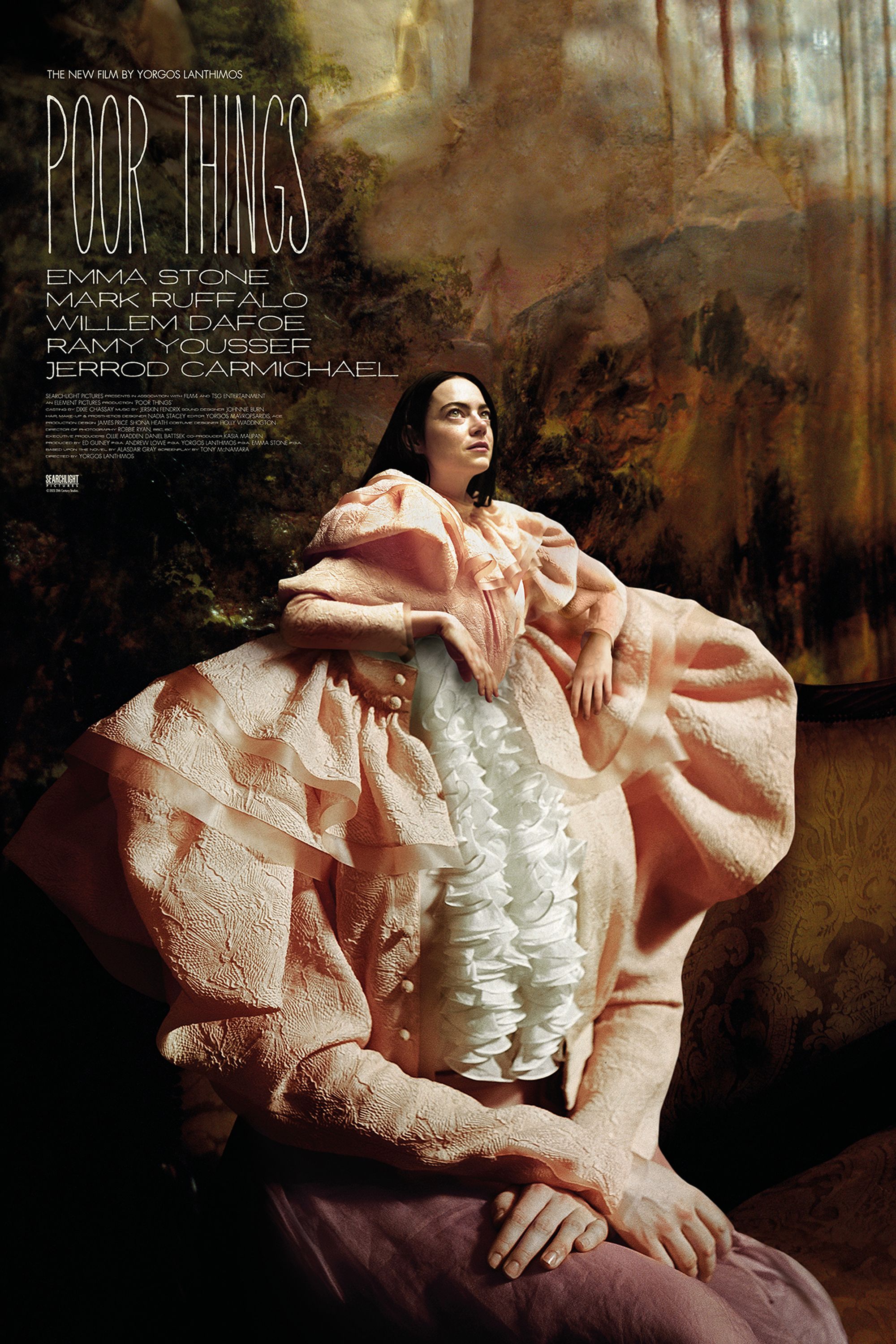
Poor Things
*Availability in US
- stream
- rent
- buy
Not available
Not available
Not available
Poor Things is a sci-fi romance film from The Lobster director Yorgos Lanthimos. The story focuses on the bizarre and fantastical world of Bella Baxter after a scientist named Dr. Godwin Baxter brings her back to life. The film is based on the 1992 novel of the same name by Alasdair Gray.
- Director
-
Yorgos Lanthimos
- Release Date
-
September 8, 2023
- Studio(s)
-
Film4
, TSG Entertainment
, Element Pictures - Cast
-
Emma Stone
, Willem Dafoe
, Mark Ruffalo
, Ramy Youssef
, Jerrod Carmichael
, Christopher Abbott - Runtime
-
141 Minutes


